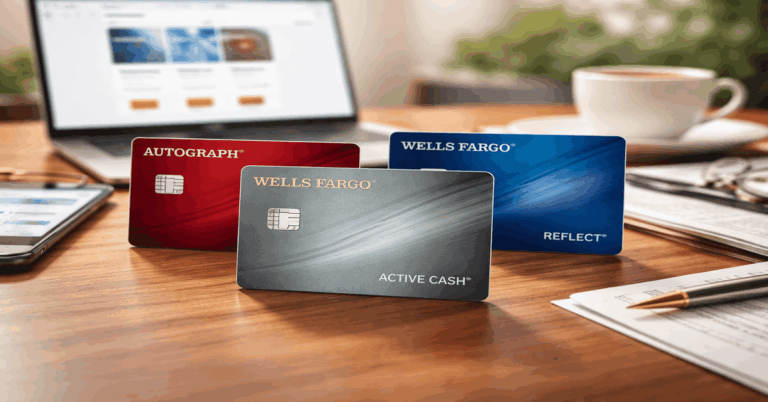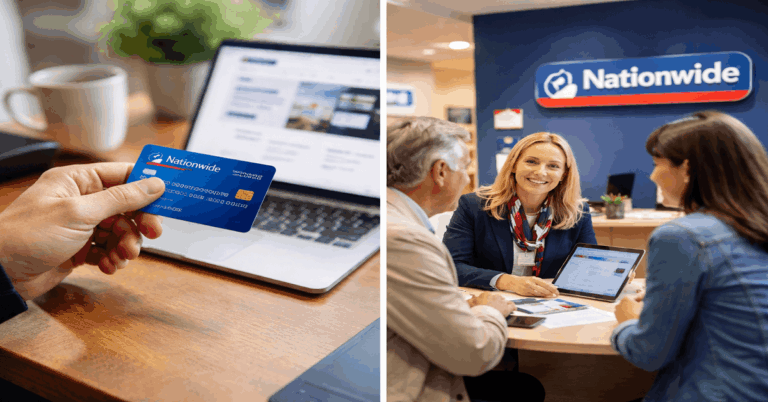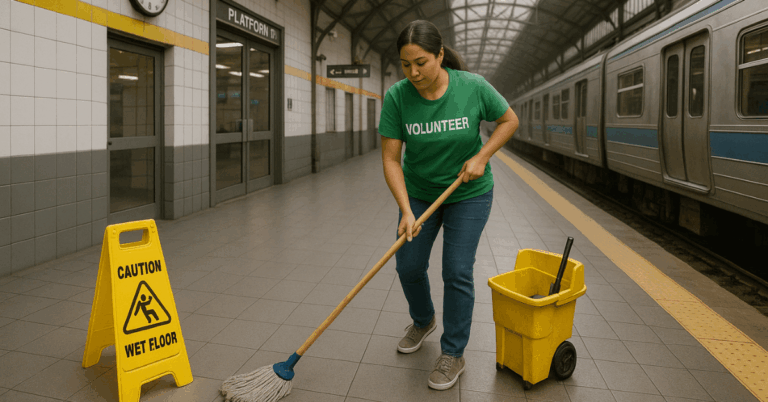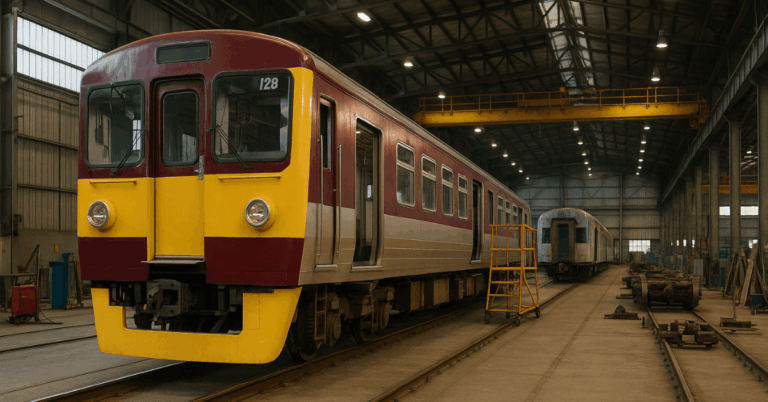New overnight routes have been introduced to improve transportation across the Southern Region.
These routes aim to provide faster, safer, and more comfortable travel options for passengers who prefer night journeys.
The expansion marks a major step toward boosting regional connectivity and commuter convenience.
Route Details and Destinations
The new overnight routes connect major southern cities with faster, more reliable travel.
Each route is built to improve accessibility and reduce travel time for commuters and tourists.
Route 1: Metro City – Southport Line
- Connects the region’s business hub to the coast in 7 hours. Key stops: Hillview, Lake Junction, East Ridge.
Route 2: Grandville – Brookhaven Express
- Fast overnight link between the city and the suburbs. Includes Ridgeway, Meadow Park, and Central Bay stops.
Route 3: Fairview – Highland Corridor
- Connects southern towns to trade zones five nights a week. Offers modern sleeper coaches.
Route 4: Riverbend – Mapleton Service
- Runs between the inland and the highland districts. Stops at Millford, Green Valley, and South Junction.
Route 5: Harbor City – Pinecrest Route
- Weekend route for coastal tourism. Premium sleeper coaches included.
Route 6: Oakridge – Silverfield Connector
- Nightly passenger and light freight route. Improves cargo and commuter reliability.
Route 7: Bayshore – Ironwood Line
- Covers smaller southern towns. Affordable sleeper seats and punctual departures.
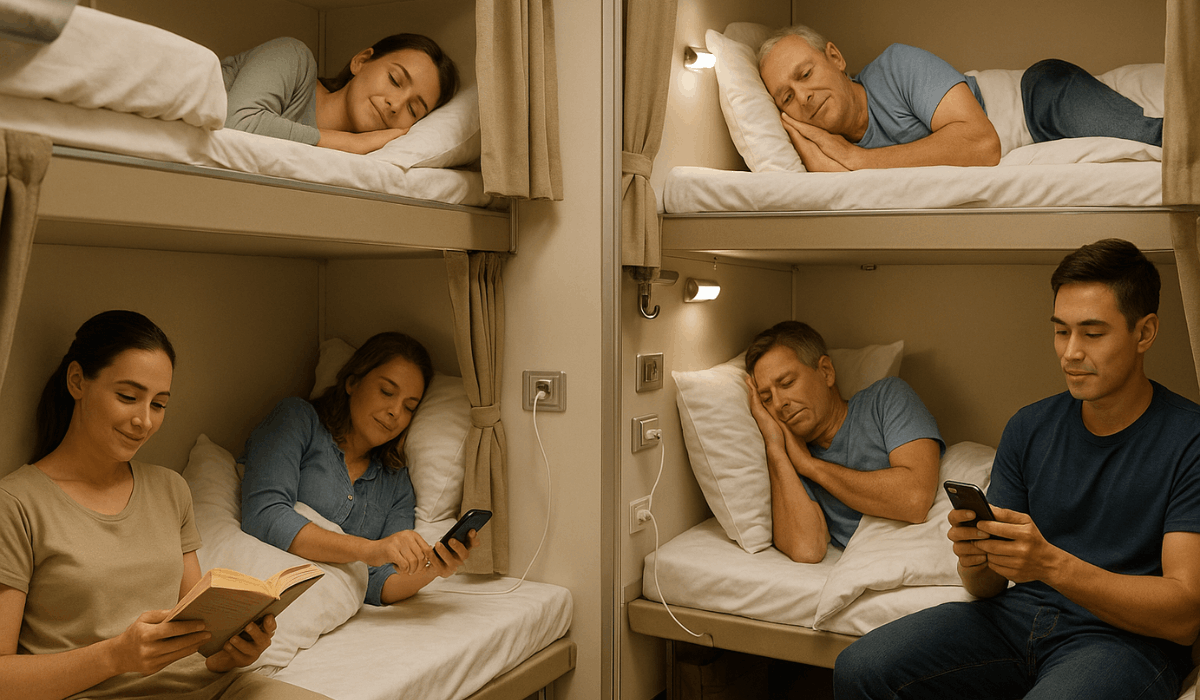
Timetable and Frequency
The new overnight routes follow a consistent schedule for smooth travel. Most services run daily or several times a week for easier planning.
- Daily Operations: Core routes like Metro City–Southport and Grandville–Brookhaven run nightly. Departures start between 9:00 PM and 10:30 PM.
- Alternate Day Services: Routes such as Fairview–Highland run on alternate days to balance capacity.
- Weekend Routes: Harbor City–Pinecrest runs Friday to Sunday for leisure and tourism.
- Peak Hour Coordination: Evening departures match city work hours to ease traffic.
- Duration and Arrival: Trips take 6–9 hours, arriving before 6:00 AM.
- Time Adjustments: Seasonal schedule changes occur during holidays or demand peaks.
Ticketing and Fares
Passengers can book tickets easily through both online and offline methods. Fares are designed to stay affordable while offering flexible options for all travelers.
- Booking Options: Tickets are available on the official transport website, mobile app, and station counters.
- Fare Range: Prices vary by route and class, starting from $18 for standard seats to $45 for premium sleepers.
- Discounts: Special rates for students, seniors, and frequent travelers.
- Payment Methods: Accepts credit cards, digital wallets, and cash at counters.
- Refund Policy: Full refund for cancellations made 24 hours before departure.
- Seat Classes: Choose from economy, semi-sleeper, and full sleeper options.
- Ticket Validation: Passengers must show a valid ID during boarding for confirmation.
Facilities and Onboard Services
The new overnight routes include several upgraded amenities to improve comfort and safety.
Passengers can expect cleaner coaches, better rest options, and faster assistance throughout the journey.
- Comfortable Seating: Reclining and sleeper options with extra legroom for long trips.
- Clean Restrooms: Regularly maintained for hygiene and convenience.
- Wi-Fi Access: Free onboard internet available on select routes.
- Power Outlets: Charging points at every seat for phones and laptops.
- Food Service: Light snacks and beverages provided during the trip.
- Air Conditioning: Climate-controlled coaches for consistent comfort.
- Security Staff: Dedicated personnel ensure safe travel at night.
- Emergency Support: First-aid kits and quick assistance are available onboard.
- Digital Displays: Real-time route and station updates for passengers.
- Bedding Kits: Provided for the premium sleeper class on longer journeys.
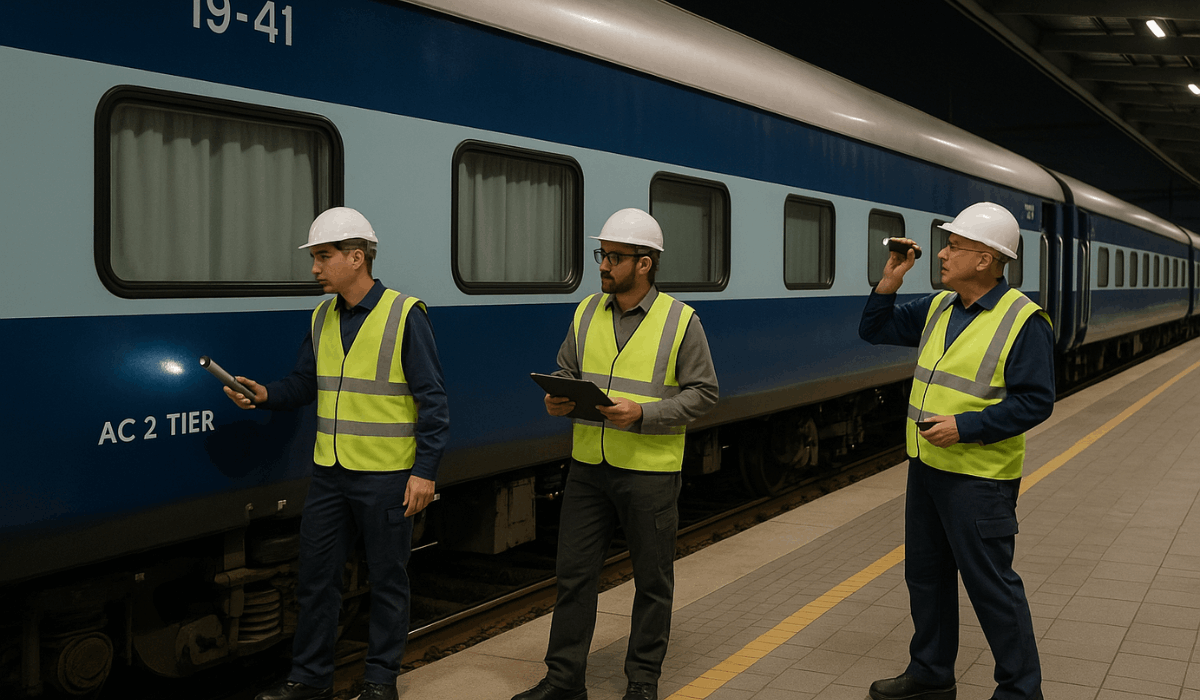
Safety and Cleanliness Standards
Strict safety and cleanliness measures are enforced across all new overnight routes.
These steps ensure secure, hygienic, and comfortable travel for every passenger.
- Pre-Departure Checks: Each train undergoes complete mechanical and safety inspections before departure.
- Sanitization: Coaches and restrooms are disinfected before every trip and during stopovers.
- Onboard Security: Trained guards and surveillance cameras monitor all compartments.
- Emergency Equipment: Fire extinguishers and first-aid kits are available in every coach.
- Health Protocols: Air filters are cleaned daily, and ventilation systems are regularly tested.
- Waste Management: Trash bins are provided in each coach and cleared at major stops.
- Lighting and Visibility: Emergency lights remain active throughout the night journey.
- Crew Training: Staff receive regular safety and first-aid training sessions.
Impact on Local Economy and Tourism
The new overnight routes are boosting the Southern Region’s economy by improving access and mobility.
Businesses, travelers, and local communities are already benefiting from faster and more reliable connections.
- Tourism Growth: Easier travel attracts more visitors to coastal and cultural destinations.
- Business Expansion: Improved transport helps companies move goods faster and reach new markets.
- Job Creation: Increased demand for station staff, catering, and logistics roles supports local employment.
- Small Enterprises: Local hotels, restaurants, and shops near stations gain more customers.
- Trade Efficiency: Overnight freight options help small and medium enterprises reduce delivery delays.
- Regional Investment: Better transport links encourage new business projects and partnerships.
- Community Development: Enhanced travel access improves rural connectivity and social inclusion.
- Event Tourism: Night travel options make attending festivals and regional fairs more convenient.
Environmental Considerations
Authorities have introduced several eco-friendly measures to reduce pollution and energy waste.
These initiatives support cleaner, more efficient transport across the Southern Region.
- Energy-Efficient Engines: Modern locomotives consume less fuel and emit fewer greenhouse gases.
- Hybrid Technology: Select trains use electric-diesel systems to cut overall emissions.
- Noise Reduction: Updated engines and track materials minimize sound pollution near communities.
- Recycling Programs: Stations and coaches now separate and recycle waste materials.
- LED Lighting: All compartments use low-power LED fixtures to conserve energy.
- Water Management: Restroom and cleaning systems recycle greywater where possible.
- Tree Plantation Drives: Partner programs focus on restoring greenery along major routes.
- Carbon Tracking: Regular emission monitoring helps maintain compliance with environmental targets.
Technology and Operations Management
Advanced technology is now integrated into daily operations to improve safety, efficiency, and coordination.
Digital systems help manage routes, monitor train performance, and provide real-time updates to passengers.
- Digital Ticketing: Online systems speed up bookings and reduce paperwork.
- Real-Time Tracking: GPS-enabled monitoring allows passengers to follow live train status.
- Automated Scheduling: Smart software manages route timing and platform assignments.
- Maintenance Alerts: Sensors detect mechanical issues before breakdowns occur.
- Passenger Information Displays: LED boards show live arrival, delay, and platform data.
- Mobile App Integration: Travelers can check schedules, fares, and updates instantly.
- Data Analytics: Performance reports help improve route efficiency and reduce downtime.
- Centralized Control Centers: Teams oversee traffic movement and coordinate emergency response.
Final Takeaway
The new overnight routes represent a significant step forward in improving southern travel efficiency and comfort.
They provide safer journeys, shorter travel times, and stronger support for regional growth.
Book your ticket now and experience the convenience and reliability of the new overnight network firsthand.
